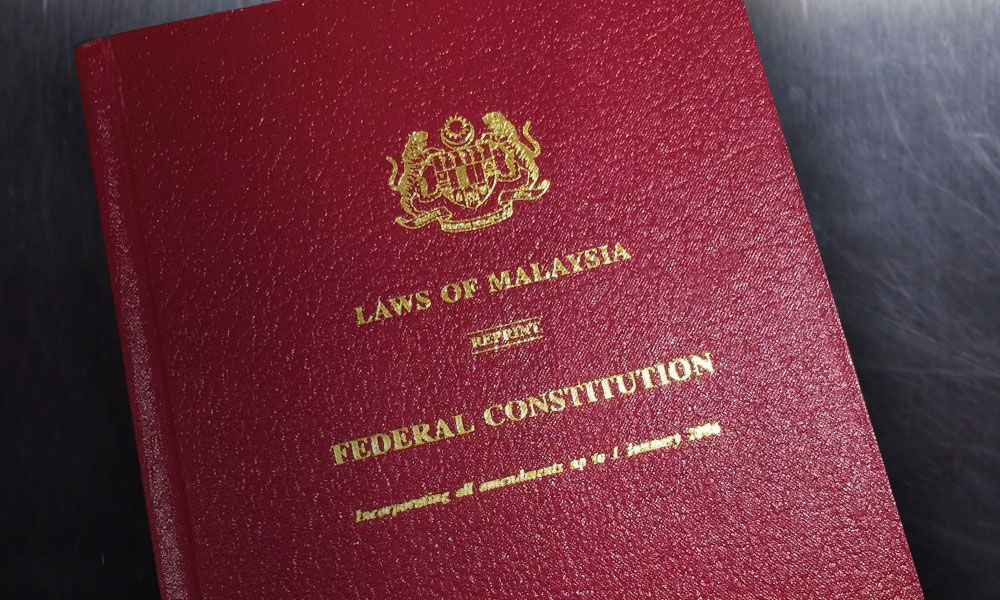The Federal Constitution does not safeguard the establishment of vernacular schools in Malaysia, the Court of Appeal heard today.
Counsel Mohamed Haniff Khatri Abdulla, who is acting for two groups - Majlis Pembangunan Pendidikan Islam Malaysia (Mappim) and Coalition of National Writers’ Associations (Gapena) - submitted that the High Court in Kuala Lumpur had erred in interpreting the supreme law of the land.
During the hearing of the two group’s appeal before the three-person appellate court bench chaired by Supang Lian, Haniff (above) contended that then High Court judge Mohd Nazlan Mohd Ghazali erred when ruling that Mandarin and Tamil vernacular schools are not public authorities.
The lawyer contended that contrary to the High Court’s finding, vernacular schools are actually public authorities, thus being required to only use Bahasa Malaysia as medium of instruction per Article 152(1) of the Federal Constitution.

“If (vernacular) schools are public authorities, then Tamil and Mandarin (as medium of instruction there) would amount to (being utilised for) official purposes, which is prohibited.
“The Federal Constitution thus cannot be said to protect vernacular schools,” Haniff said, adding that there is no specific provision in the Federal Constitution that lays out protection for vernacular schools.
While submitting before the bench which also comprised Court of Appeal judges M Gunalan and Azizul Azmi Adnan, Haniff pointed out that various official government reports in the run-up to and after Malaysia achieved Independence do not support the establishment of vernacular schools.
The lawyer quoted from the Barnes Report 1951, which he contended recommended the end of separate vernacular schools and for them to be replaced with a single type of primary school common to all, in order to build up national unity.
Haniff quoted the Razak Report 1956, which he claimed proposed that the ultimate objective of the educational policy in the country is to gradually bring together children of all races under a national educational system where the national language (Bahasa Malaysia) is the main medium of instruction.
Entire education system
The lawyer also referred to the Rahman Talib Report 1960 which, while allowing vernacular schools utilising Mandarin and Tamil as medium of instruction, recognised that there is a need to establish Bahasa Malaysia as the main medium of instruction for the entire education system.
The matter is fixed for case management before the Court of Appeal tomorrow to set further hearing dates for the appeal.
The bench also heard similar appeals by Ikatan Muslimin Malaysia (Isma) and Ikatan Guru-Guru Muslimin Malaysia (I-Guru) over the validity of vernacular schools.
The Education Ministry and the federal government are among the respondents targeted by the appeals.
Between late 2021 and early last year, separate High Courts in Kuala Lumpur and Kota Bharu dismissed the various NGOs' legal challenges while upholding the constitutional validity of vernacular schools.
Counsel Mohd Khairul Azam Abdul Aziz and Shaharudin Ali appeared for Isma and I-Guru respectively.
Senior federal counsel Shamsul Bolhassan and Liew Horng Bin represented the government. - Mkini



No comments:
Post a Comment
Note: Only a member of this blog may post a comment.